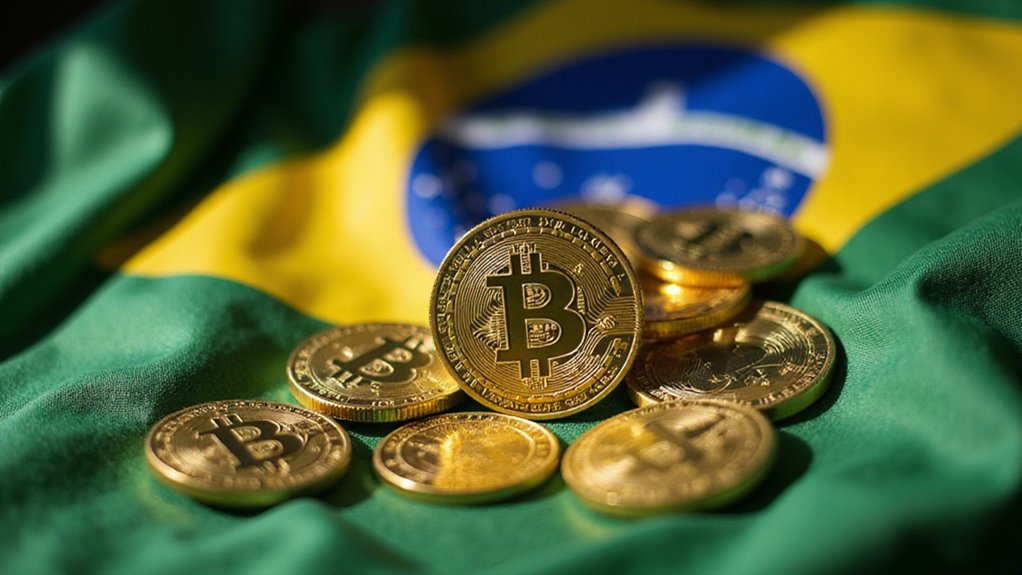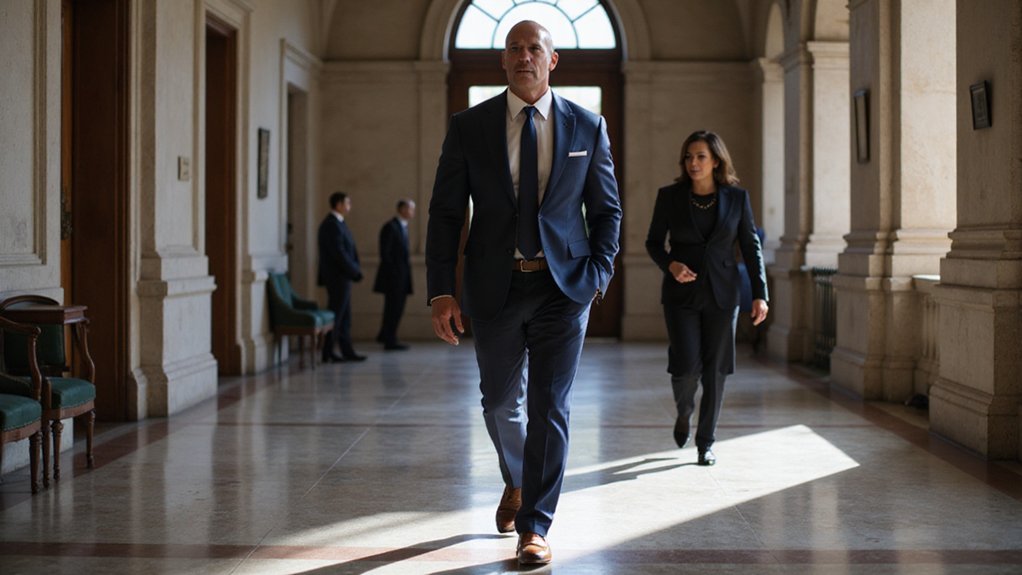When did acquiring a volatile digital asset become a matter of national economic strategy? Brazil appears ready to answer this question with a potential $17 billion Bitcoin gamble—a move that could either position the nation as a cryptocurrency pioneer or serve as a cautionary tale for sovereign wealth management.
Bill 4501/2024, introduced by Federal Deputy Eros Biondini last November, proposes creating the Sovereign Strategic Bitcoin Reserve (RESBit), which would allocate up to 5% of Brazil’s $300+ billion international reserves to Bitcoin. The lower house has scheduled a public hearing for August 20, 2025, where central bank officials, finance ministry representatives, and crypto advocates will debate this unprecedented proposition.
Brazil’s $17 billion Bitcoin gamble could reshape sovereign wealth management or serve as a costly cautionary tale.
The proposed structure reveals careful consideration of both opportunity and risk. Joint management between Brazil’s Central Bank and Finance Ministry would oversee incremental Bitcoin purchases designed to minimize market disruption, with assets secured in cold wallets—offline storage systems resistant to cyberattacks.
Perhaps most tellingly, the bill includes criminal penalties for officials mismanaging the reserve, suggesting lawmakers recognize the inherent volatility they’re courting.
Proponents frame Bitcoin as “digital gold,” a hedge against currency devaluation and geopolitical risks affecting traditional reserves. Vice President’s chief of staff Pedro Giocondo Guerra publicly endorses the initiative, citing long-term benefits for Brazil’s economic stability. Deputies champion the move as fostering blockchain innovation while positioning Brazil as a sovereign-level crypto pioneer.
Yet opposition persists within Brazil’s financial establishment. Central Bank Monetary Policy Director Nilton David warns against crypto-related volatility, highlighting the fundamental tension between Bitcoin’s speculative nature and central banking’s conservative mandate.
The August hearing promises to illuminate whether enthusiasm or prudence will prevail.
Brazil’s deliberations occur amid broader global interest in national Bitcoin reserves. El Salvador’s 2021 adoption of Bitcoin as legal tender provides a precedent, though with mixed results. Indonesia reportedly considers similar measures, suggesting an emerging trend among developing economies seeking alternatives to dollar-dominated reserves.
This potential shift aligns with a broader movement where corporate treasuries worldwide are diversifying into digital assets as regulatory frameworks become increasingly clear. Whether Brazil’s potential Bitcoin bet represents visionary diversification or reckless speculation remains an open question—one that could reshape how nations approach sovereign wealth management in the digital age.





